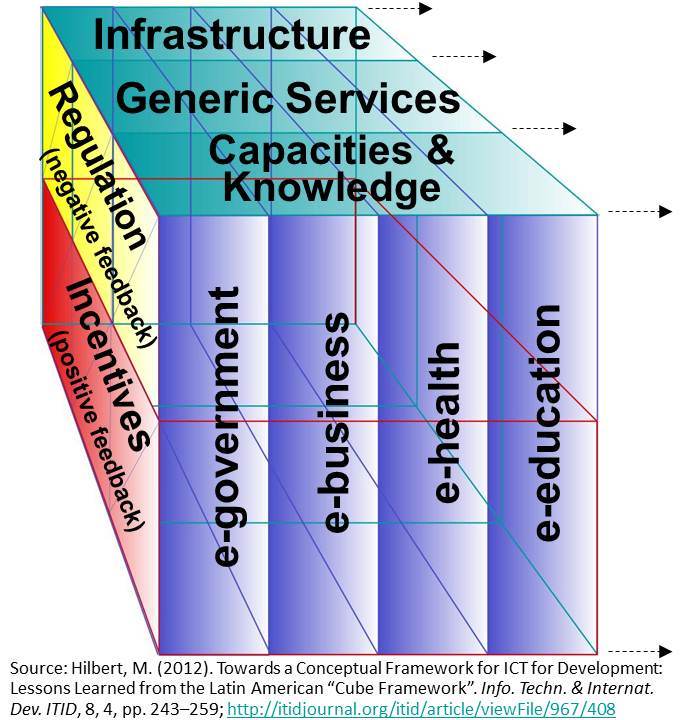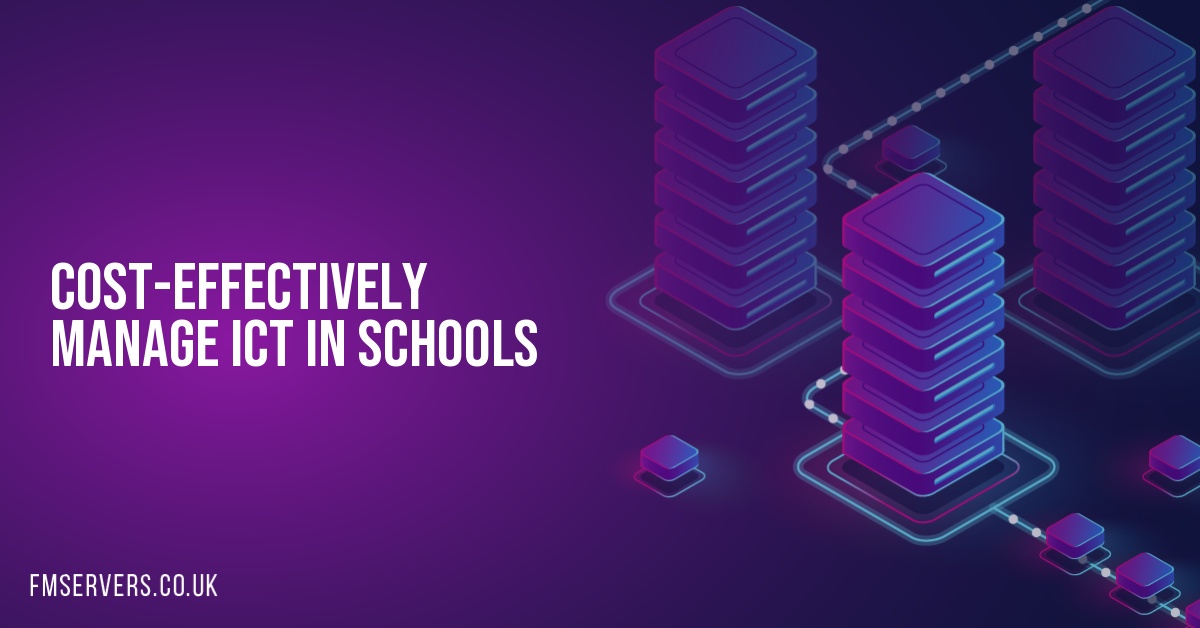When it comes to the successful application of technology, its scope goes beyond just the use of the right tools. Efficient management techniques will also need to be applied to make sure that every single bit of the system runs as cohesively and as effectively as possible. ICT spans a wide range of tools and sectors. It is about more than just the software and hardware used. It brings in other aspects such as data security, network connectivity and the kind of infrastructure used in the implementation.
Our May edition of the journal “Education Executive” explores the crucial role a robust ICT strategy plays. With the rapid advancement of technology, both teaching and learning are greatly being enhanced. As resources available decrease and workloads go up, technology is increasingly becoming a major support tool in the daily management of modern schools.
Although with available support funds limited IT investment hasn’t always been given its rightful position in the priority list, this shouldn’t discourage you. If you effectively manage your ICT provision, you can still make significant savings, both financially and in terms of your other school resources. All you need is a well-calculated digital leap of faith.
According to the managing director of Think IT, Neil Watkins, most schools don’t immediately have an answer when you ask them about their 3-year ICT strategy. While technology is always evolving on a daily basis, if you want to efficiently and effectively manage your school’s ICT, you need to have a robust ICT strategy that is part and parcel of your larger school management plan. This requires that you identify your school’s ICT needs vis-a-vis your long-term vision, procuring the most appropriate solutions and bringing in the input of the right stakeholders. The implementation phase will require that you have your tech-champions in their rightful place. And, don’t forget that regular maintenance is also critical.
Maybe the question in your mind right now is: are all these measures worth the hassle? Our simple answer is, Yes! Below we explore more about this:
Assessing Your School’s ICT Needs
To manage your school’s IT assets effectively, you need to be sufficiently familiar with what exactly they are and what role they play in the school ecosystem. Watkins recommends a readiness assessment (RA) program that starts with a visioning session led by senior leaders and other major stakeholders.
In this visioning session, you’re going to learn how to incorporate ICT in the vision to bring out the best outcomes for pupils, staff, parents, the board of governors and the entire school in general. Beginning with a question like this enables you to identify the kind of technologies your school is actually in need of and the role cloud like Surrey based TNSC or new advancements can play in driving this agenda.

Another very important step is the assessment of your school’s current ICT infrastructure: network connectivity, user hardware such as PCs, tablets and laptops, as well as data security and software licences. This will help tell which areas need upgrading or replacement.
In this comprehensive RA, you also need to look at the overall cost of ICT ownership across the school’s estate. Here, some of the key cost areas to consider include hardware replacement, staff training, the purchase of consumables like printers, printer cartridges as well as energy costs. Can you meet these aspects of your ICT budget without disrupting the teaching and learning processes? Are there savings you can make?
One key advantage of such a school RA for long-term ICT sustainability is that it enables you to have options, easily implementable recommendations and proposed next steps. This, Watkins says, makes sure that all branches of the school’s ICT ecosystem are managed competently for the whole school or in the case of MATs, across multiple sites.
How to Get the Tech In
With all the information regarding what you need now at your fingertips, it’s now time for implementation. Apart from some great deal of time, this requires in-depth knowledge and understanding of the processes involved. Neil recommends considering pre-tendered frameworks that can help save time, effort and money.
While there are many frameworks providing favourable terms and conditions, high-quality products and services and, more importantly, friendly to your pocket, it’s crucial that you settle for one that’s tailored for the education sector.
Budget dictates ICT spend, and many schools are having to come up with alternative ways to fund their ICT provision. Grants are available for those schools with insufficient funds. Indeed, in a previous edition of this journal, we explored crowdfunding as a source of finances.
According to Stone Group business development manager John Haslam, another financial avenue that is increasingly being considered by schools is leasing. This enables them to break down the often large cost of procurement into manageable instalments. He also suggests the alternative, relatively more affordable technologies that some schools are considering such as refurbished ICT hardware, which is not only highly pocket-friendly but also comes with full buyer warranties.

